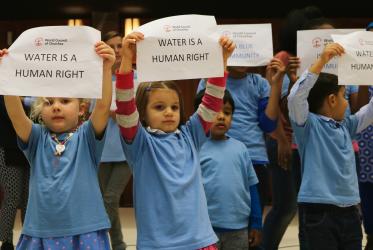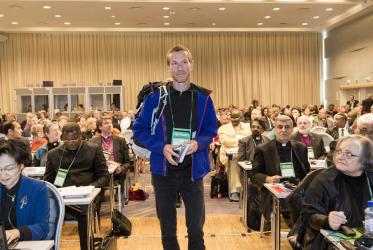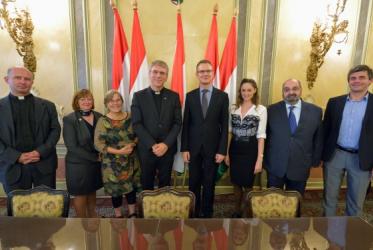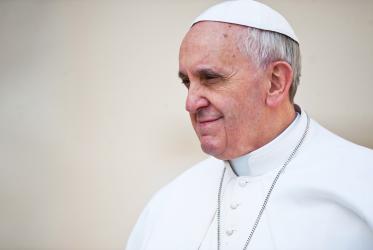Displaying 21 - 40 of 41
03 September 2018
In Escalade race, “Pilgrims” find meaning running
04 December 2017
Ecumenical Patriarch visits WCC
24 April 2017
“What can we contribute as a worldwide fellowship?”
06 March 2017
Winners of WCC photo contest announced
09 May 2016
“European solidarity must be strengthened”
29 October 2015
Local and global work saves lives
22 October 2015
Tveit: We need an international solution to the refugee crisis
29 September 2015
Pilgrimage for climate justice continues in Norway
04 August 2015
Walking to Emmaus in the Holy Land, and Sweden
12 May 2015
Christians around the world pray for unity
22 January 2015










